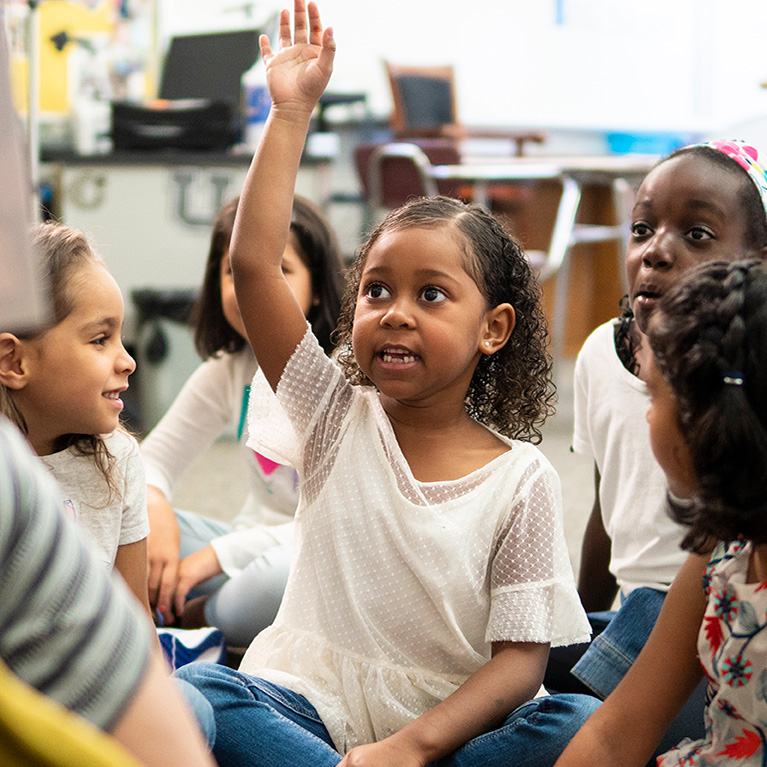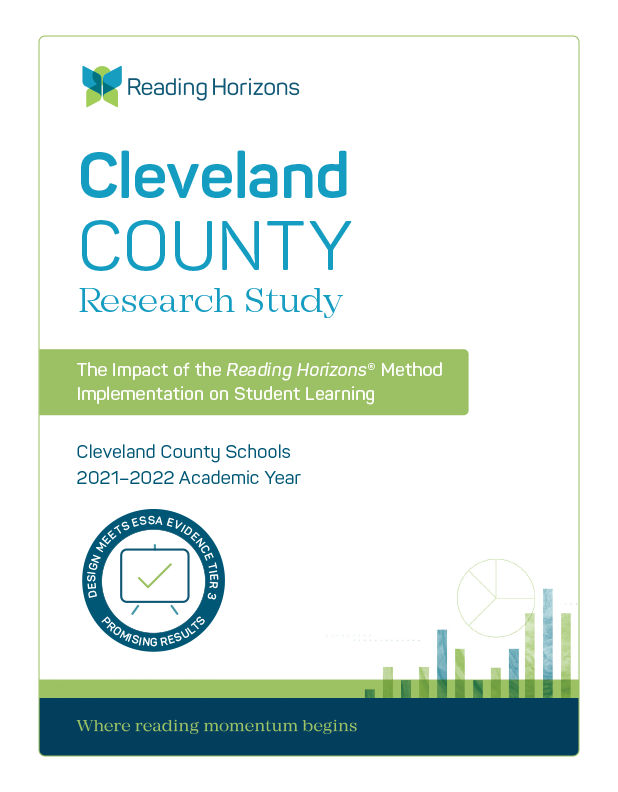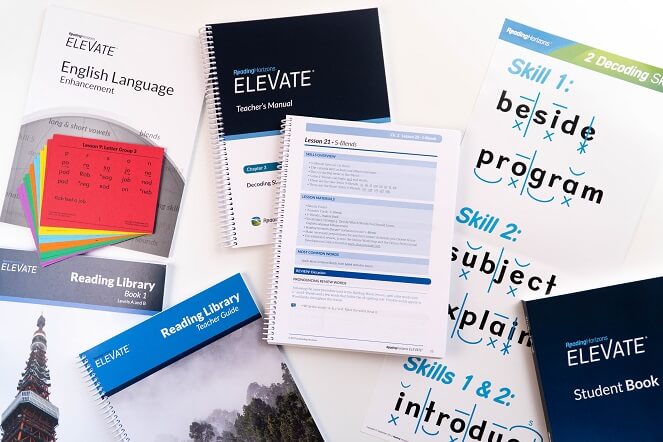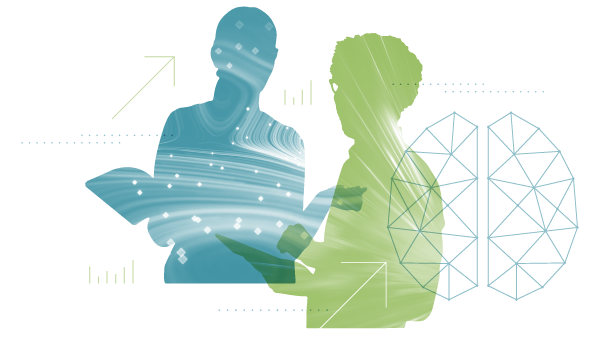Lasting Literacy for all Georgia K–12 Learners
Your Priority. Our Commitment.
Boost Reading Proficiency in Your Georgia School District
As an education leader in Georgia, you know how vital it is to help students achieve reading proficiency by the end of third grade. All students, including Mutilingal Learners (MLL), those with dyslexia, and striving readers, benefit from explicit, systematic, and multisensory reading instruction.
At Reading Horizons, we’ve continuously followed the science of reading for over 40 years to provide a program that is simple for teachers to implement and helps all students build the foundational reading skills they need to reach their full potential.
Georgia Reading News
Senate Bill 48 Creates Dyslexia Legislation in Georgia
Grant for Georgia ACRES Project: Activating Communities for Rural Education Success
Language Magazine: Tips for Launching a District-Wide Phonics Program

How to Get Started




Take off.
Simply log in and pick up where you left off with a screen that shows everything you need to prep and teach the next whole-class lesson. You’ll see a lesson summary, a script for inspiration (or to read word-for-word), a video that models teaching, and coordinating student slides that, with a tap, display on your SmartBoard or TV.

Take notice.
As you pick up on issues while teaching (such as problems with pronunciation, decoding, etc.), tap students’ names on your screen to use quick, color-coded tracking. Your tagging automatically groups students based on their needs so you can easily divide the class for center work.

Take action.
Each student’s device automatically syncs with coordinating gamified assessment and practice, reinforcing the day’s skill and checking progress. Once they’ve finished the activity, you can view what percentage of students are at or above level, who needs intervention, and which instructional strategies are the best next step.
Meet Your Georgia Team
Contact your Reading Horizons account executive to schedule a presentation tailored to your district’s needs.
Research Study
Cleveland County
Nearly 50 educators across 16 elementary schools in Cleveland, North Carolina participated in this ESSA Research Study to explore the relationship between implementing the Reading Horizons® method and student learning outcomes in K–3 classrooms. Both implementation integrity and student outcomes were measured by the Reading Horizons Implementation Integrity Rubric and the DIBELS 8 assessment, respectively. In all analyses, student performance outcomes increased from pre- to post-test.
The Reading Horizons method, implemented via its K–3 literacy solutions, meets the What Works Clearinghouse ESSA Tier 3 requirements—Promising Evidence.

Why Teachers Love Reading Horizons:
Simple Method—We have over 40 years of proven science integrated into one intuitive tool designed in collaboration with classroom teachers.
Ease of Implementation—We work together with teachers to develop resources that transform the complexities of an evolving science into a streamlined program for all students.
Supportive Partner—Consider us your trusted teaching partners—whether to offer support or to celebrate, we’ll know you by name and pick up when you call.
THE NEXT GENERATION OF FOUNDATIONAL LITERACY

You don’t have to cross your fingers and hope for the best. With leading real-time data, you can celebrate reading success district-wide.
reading intervention and ELL for older students

Overcome student learning gaps with assessment-driven explicit phonics instruction based on the science of reading.

Foundational Literacy for Older Students
Catching Up. Keeping Up. Moving Ahead.
Nearly 66% of fourth- and eighth-grade learners perform below proficient achievement levels in reading. For students grades 4 and beyond who struggle with reading, the path ahead can be difficult and discouraging. For striving readers, newcomers, and students with special needs, we can do more and do it better. And that’s the focus of this edWebinar.
Access The Science of Reading Collective!
For many teachers, the science of reading feels overwhelming because it’s so… different. As you teach, it’s hard to know for sure if you’re getting it “right.”
You shouldn’t have to figure it out on your own. Access our free community today.

